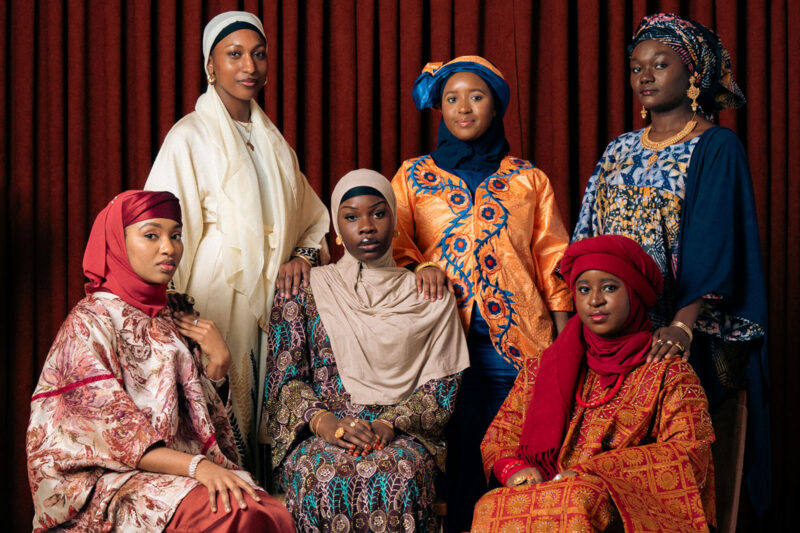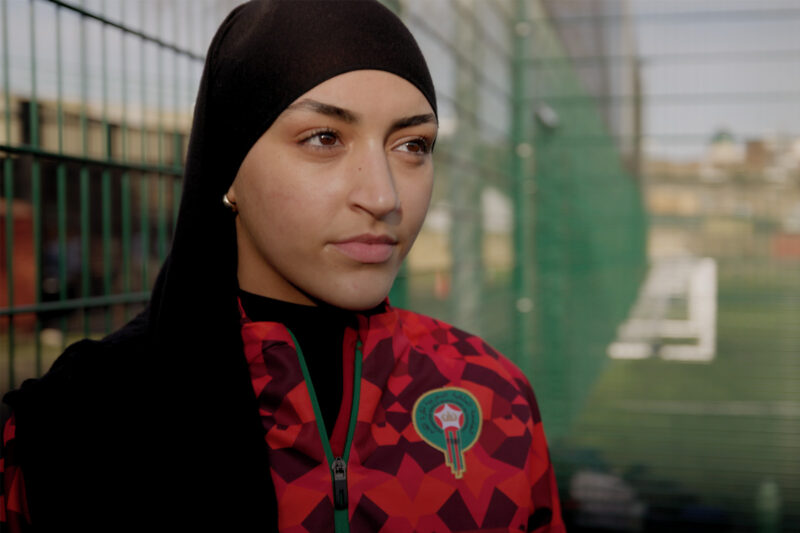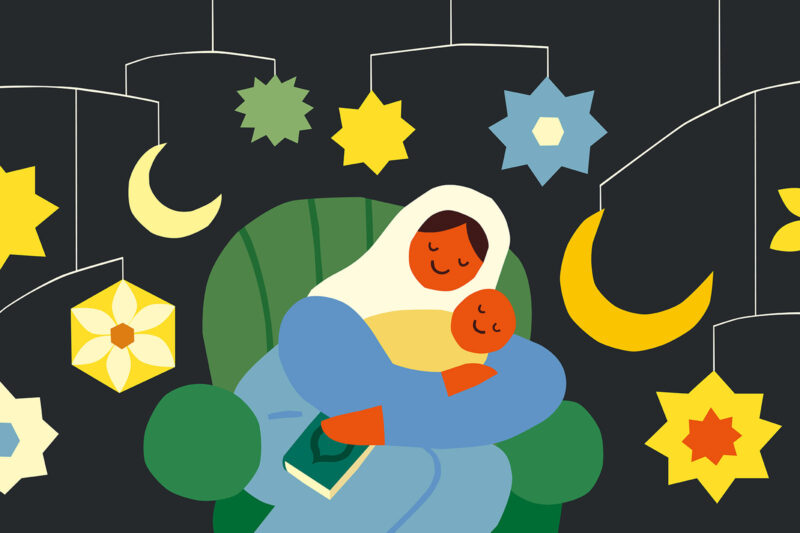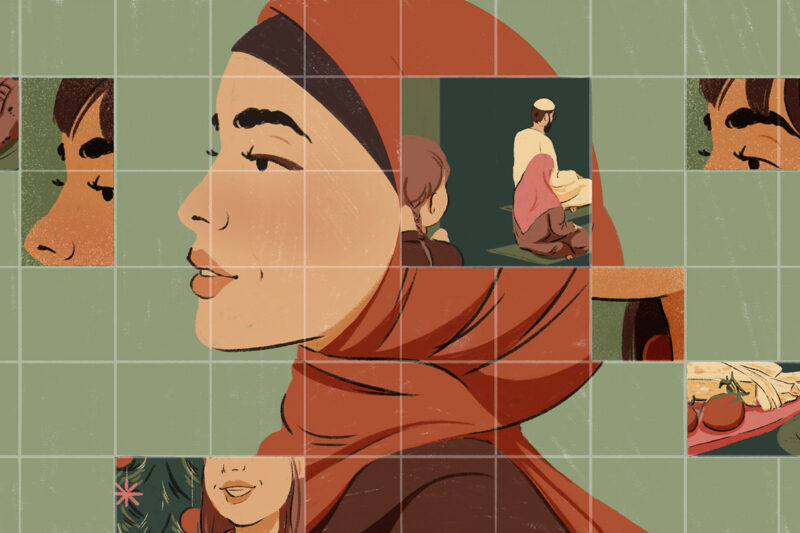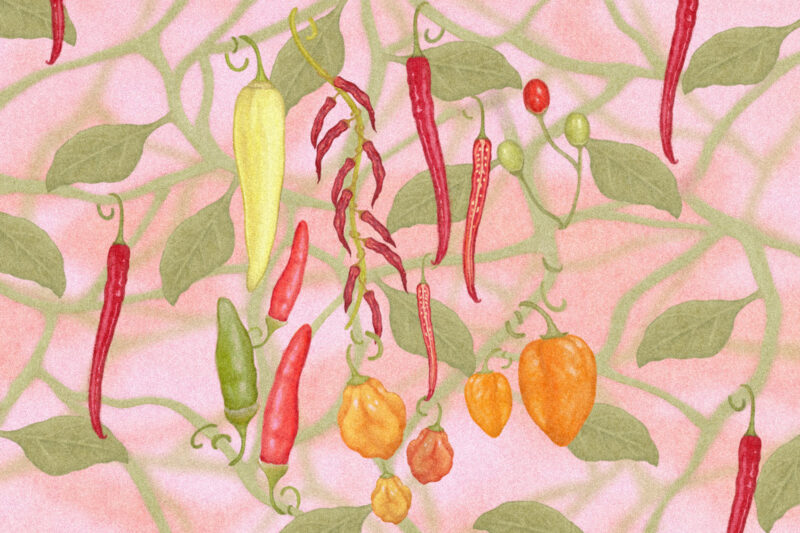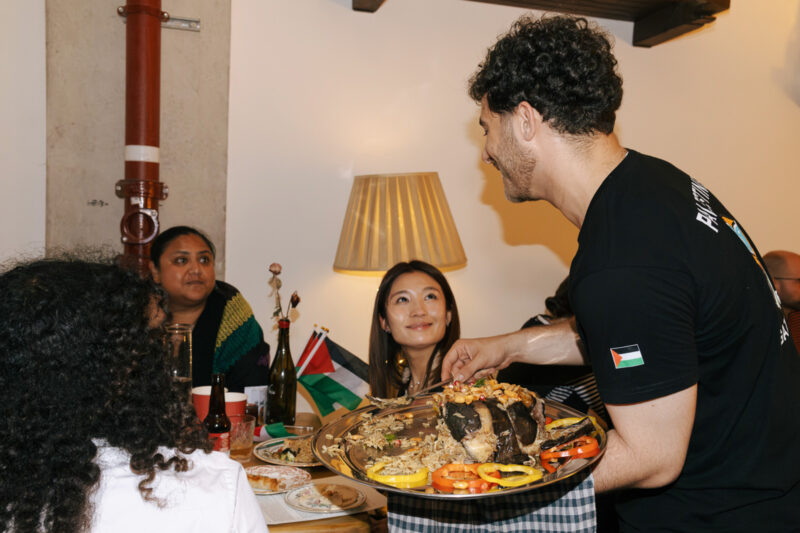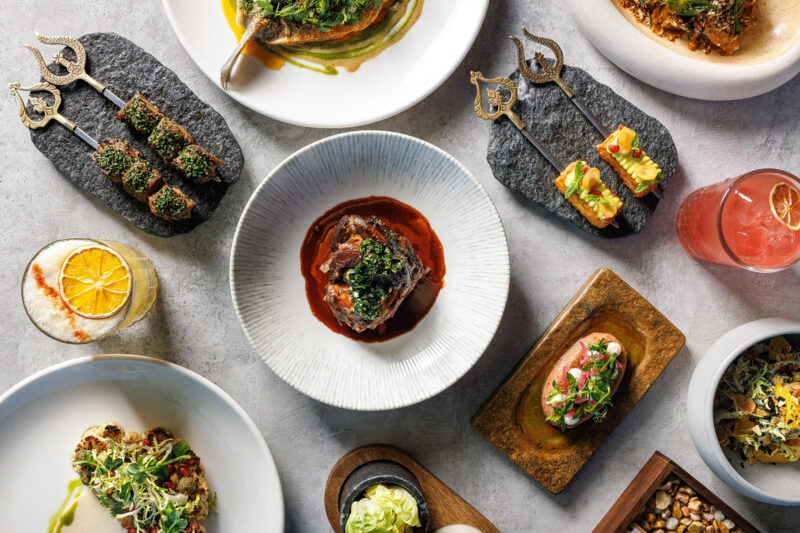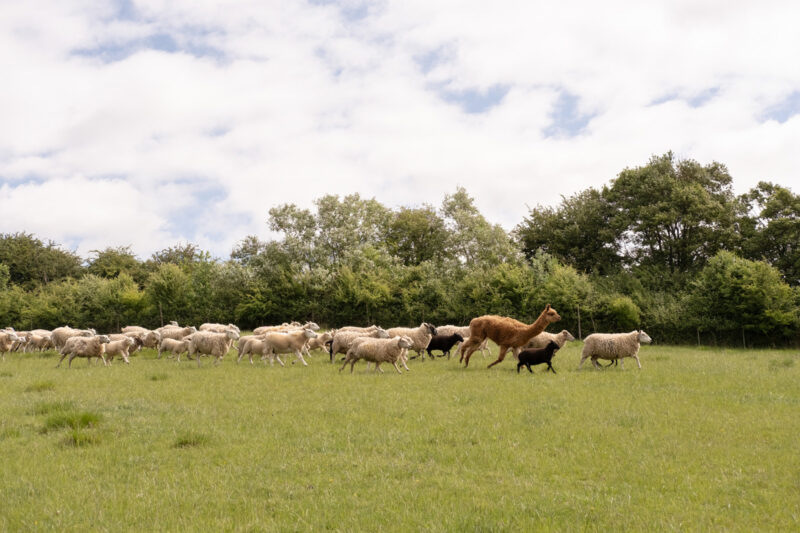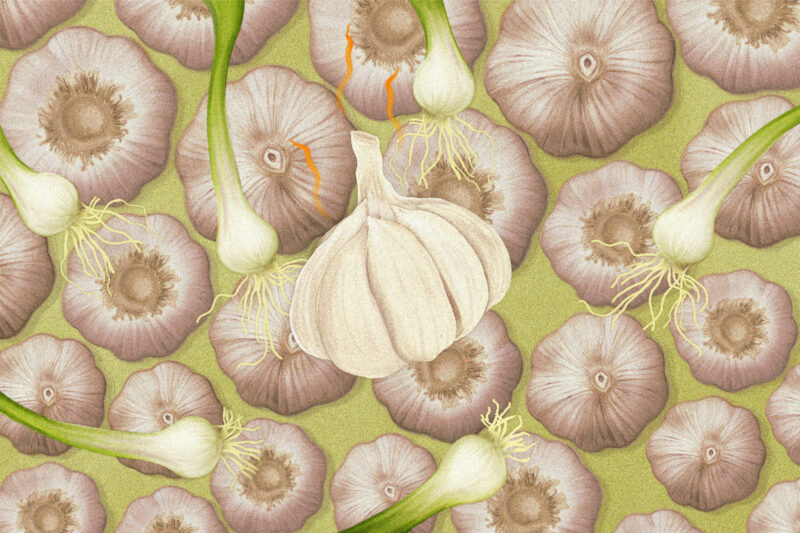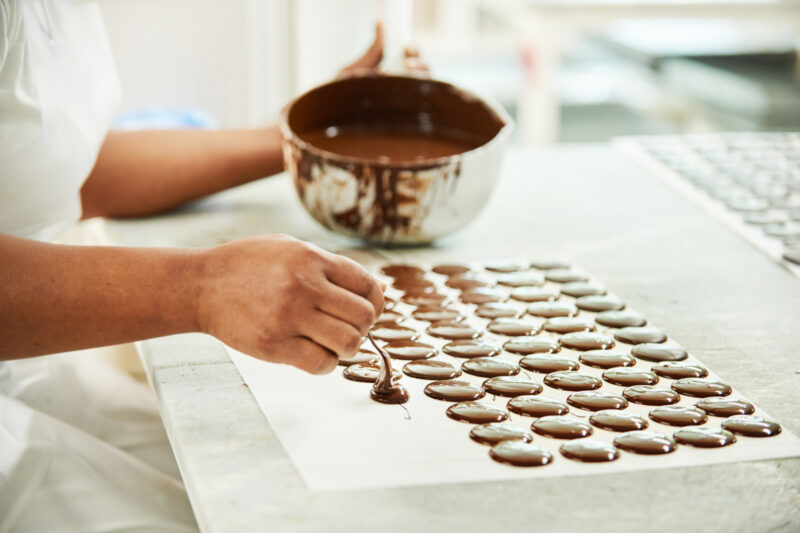Nadiya Hussain on her latest book Rooza and the joy of Ramadan — plus a favourite recipe
The Bake Off winner and bestselling author’s new collection of recipes is a dream come true, featuring dishes for the holy month from Bangladesh and beyond
–
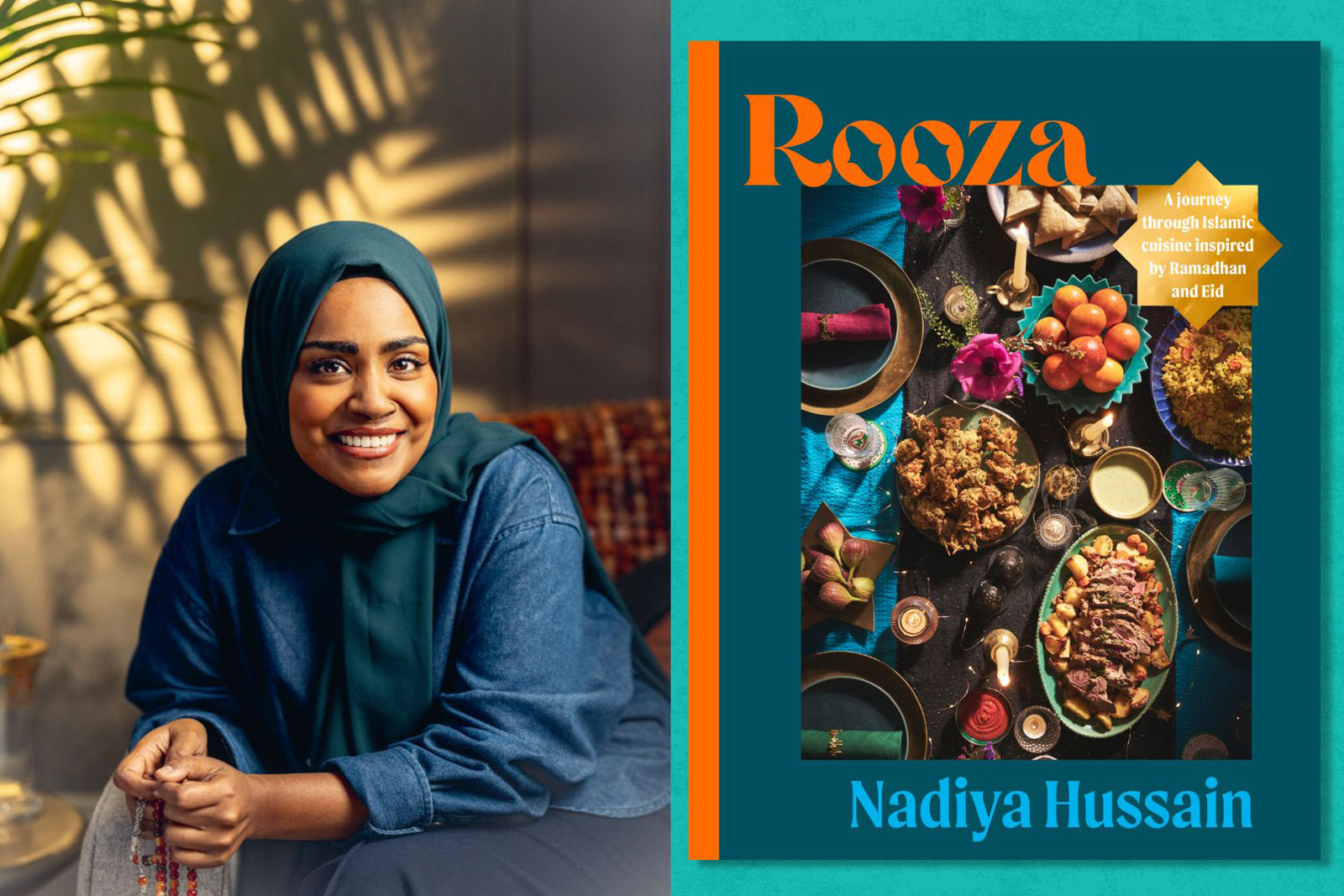
For Nadiya Hussain, Ramadan is not just a month of fasting — it’s a month of feasting, of spiritual reset, of family rituals that revolve around the kitchen. Now, she has whisked all of that together into Rooza, a cookbook that isn’t just about what to eat when the sun sets, but about the warmth and nostalgia of the holy month.
In keeping with Hussain’s signature style, it’s food with feeling — recipes that tell a story, meals that hold special memories and an open invitation for everyone to pull up a chair and tuck in.
“For those of us who do fast, it’s really special to see a book out there that celebrates Ramadan,” she says. “But for those who don’t, it’s very likely they know someone who’s Muslim or they might just be curious about Ramadan and want to know a little about it. Rooza is not just a book for Muslims, it’s a book for anyone.”
Rooza is a cook’s love letter to Ramadan and its pages shine a light on the rituals, traditions and incredible variety of dishes from across the Islamic world. In addition to a meal and dessert for every day of the month, it also includes a special selection of celebratory recipes for Eid, from chicken pulao to her famous mango and lime celebration cake.
For 40-year-old Hussain, who rose to fame as the 2015 winner of the Great British Bake Off and has since become the bestselling author of 23 books, the publication of Rooza is a long-held dream come true.
“It was something that I’ve wanted to write for a really, really long time,” she says. “I love writing cookbooks, but this one is really personal. I wanted people to look at it — through the recipes and through the pictures — and think, ‘Oh, Ramadan feels cosy and warm.’ It gives a beautiful insight into one of the most special months of the year.
Like all the best cookbooks, Rooza invites readers into the writer’s home and shows the role that food plays within it.
“For me as a mum and as the head of the kitchen, what we eat during the holy month of Ramadan is so important,” she says. “After not having eaten from sunrise, what I lay on the table at sunset really matters to me. It has to be nutritious, filling and, most of all, delicious.”
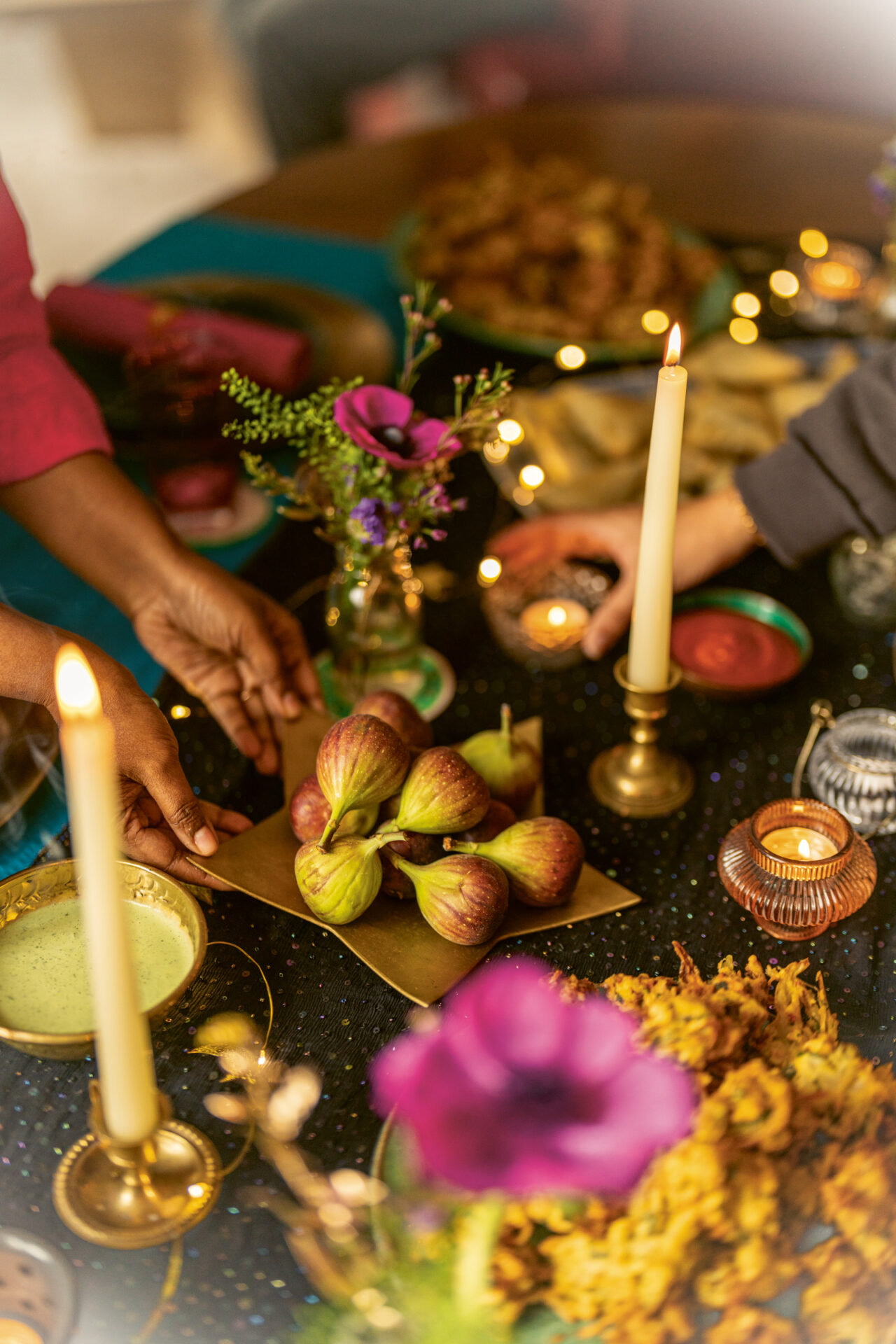
Rooza’s title comes from the Sylheti word for Ramadan and many of its dishes can be traced back to time-honoured family favourites. Hussain, however, was adamant that it should not be a solely Bangladeshi cookbook.
“I could have just stopped at Bangladeshi recipes, but that wouldn’t have been true to how I cook during Ramadan,” she says. “Growing up, my mum always cooked Bangladeshi food. We didn’t go outside of that. But as soon as I got married and had my kids and my own home, what I cooked really changed because I’m quite creative and I like to explore other cultures.”
Rooza showcases a diverse range of dishes ranging from South Asia, Turkey and the Middle East to Nepal and east Africa.
“What I cook can be inspired by traditional foods, my travels, something I may have watched on TV or read in a book, or even by an entire cuisine that I know nothing about,” Hussain says.
So, if she had to pick one dish from the book, what would it be? “Injera,” she says enthusiastically, referring to the fermented Somali flatbread traditionally served with stews. “Somali food is right up there as one of my favourite cuisines. The flavours are always rich and deep. I love making my own version of injera.”
Another is Maldivian tuna curry with rice.
“My husband has relatives who live and work in the Maldives and that got me thinking about all the delicious things that they could be eating on those sunshine islands,” she says. “Tuna curry is a whole thing out there and I love making it.”
For Luton-born Nadiya, Rooza captures the essence of Ramadan, a period that offers the space for a spiritual reflection, gratitude and community, and one that has become increasingly significant to her as the years have gone by.
“When I was younger, fasting was just something we did at home,” she says. “It didn’t feel connected to faith in the way it does now. As I got older and became more conscious of my faith, I realised how much more there was to it.”
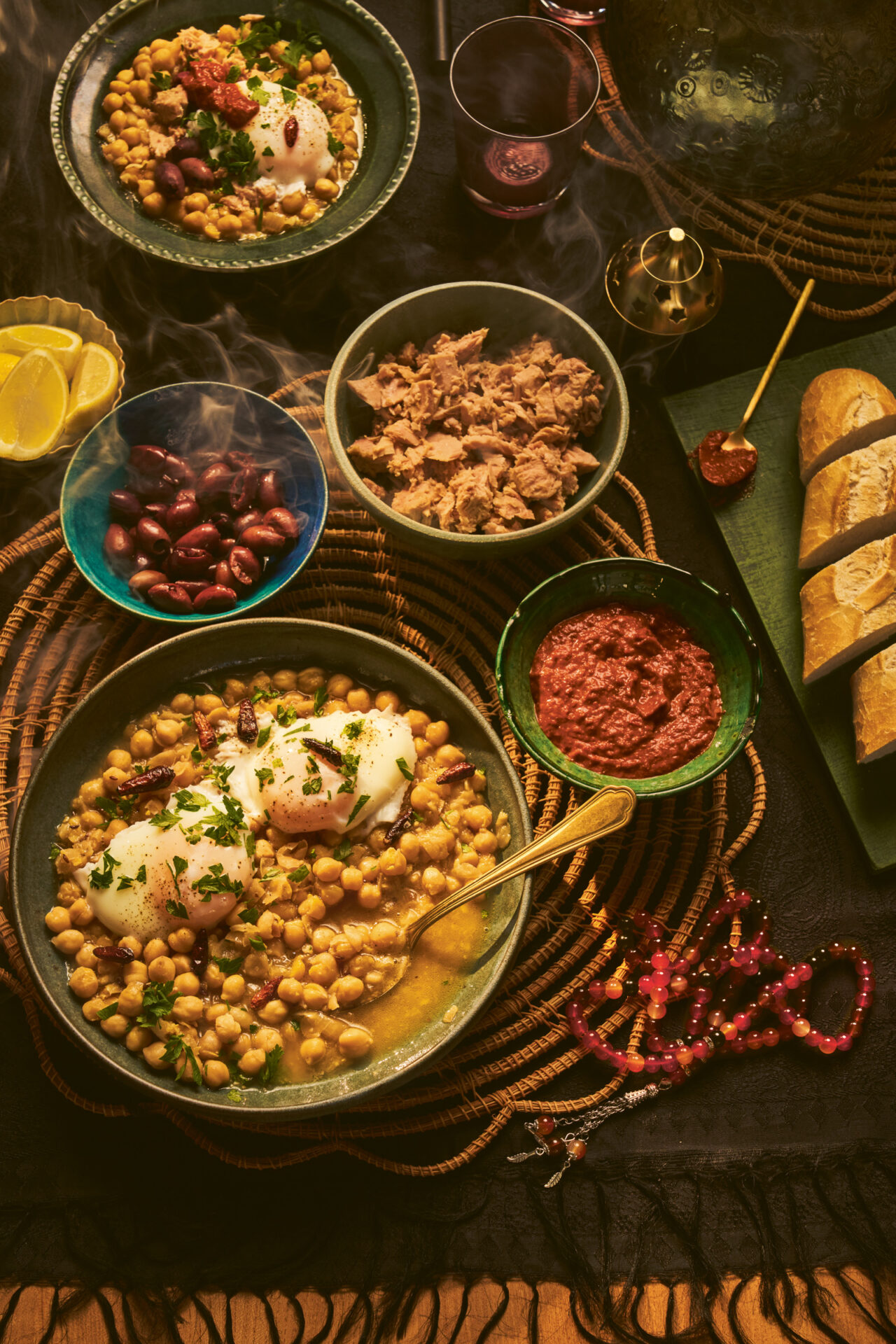
Nadiya Hussain’s lablebi (Tunisian chickpea stew)
I love chickpeas, especially after a whole day of fasting. They really are wholesome and filling, and this is such a delicious way to enjoy them. The lablebi is sweetly spiced with caraway and thyme and served with a poached egg and crunchy baguette – a perfect one-bowl meal.
Serves 6
For the lablebi
100ml oil
Large sprig of fresh thyme
6 dried red chillies
Pinch of salt
2 bay leaves
1 large cinnamon stick
2 teaspoons caraway seeds
1 bulb of garlic, cloves peeled and minced
1 onion, finely diced
1 tablespoon salt
4 x 400g tins of chickpeas, drained
1 litre water
To serve
6 poached eggs
3 x 145g tins of tuna in brine, drained
180g jar of harissa
6 lemon wedges
354g jar of pitted black olives, drained
Large handful of fresh parsley, chopped
6 small crusty baguettes, warmed
Get a large pan and pour the oil straight in. Pop over a medium heat and as soon as the oil is hot, add the sprig of thyme and leave to one side.
Add the dried red chillies and allow them to toast and blacken very slightly. As soon as that happens, take the pan off the heat and carefully remove the chillies. Sprinkle with salt to keep them crisp and set them aside.
Now go in with the bay leaves, cinnamon stick and caraway seeds, and toast them gently, with the pan back on a low to medium heat. Add the minced garlic and toast till very golden brown. As soon as it is that colour, put the onions in with the salt and cook them until tender and golden.
Add the first three tins of drained chickpeas to the pan and mix through. Take the fourth tin, crush the chickpeas completely, add to the pan with the water and bring to a boil. As soon as that happens, leave to simmer over a medium heat.
You will know it is ready when the whole chickpeas are surrounded by a thick chickpea sauce and not a watery one. While that cooks away, it’s great to get all the toppings ready to serve with the lablebi.
Dish out the hot lablebi once it is off the stove. Remove the bay leaves and the cinnamon stick. Now serve with a poached egg, the tuna, a spoonful of harissa, a lemon wedge, black olives and a sprinkling of parsley. Warm up those crusty baguettes and serve alongside.
Rooza is published by Penguin Books.
 Newsletter
Newsletter

